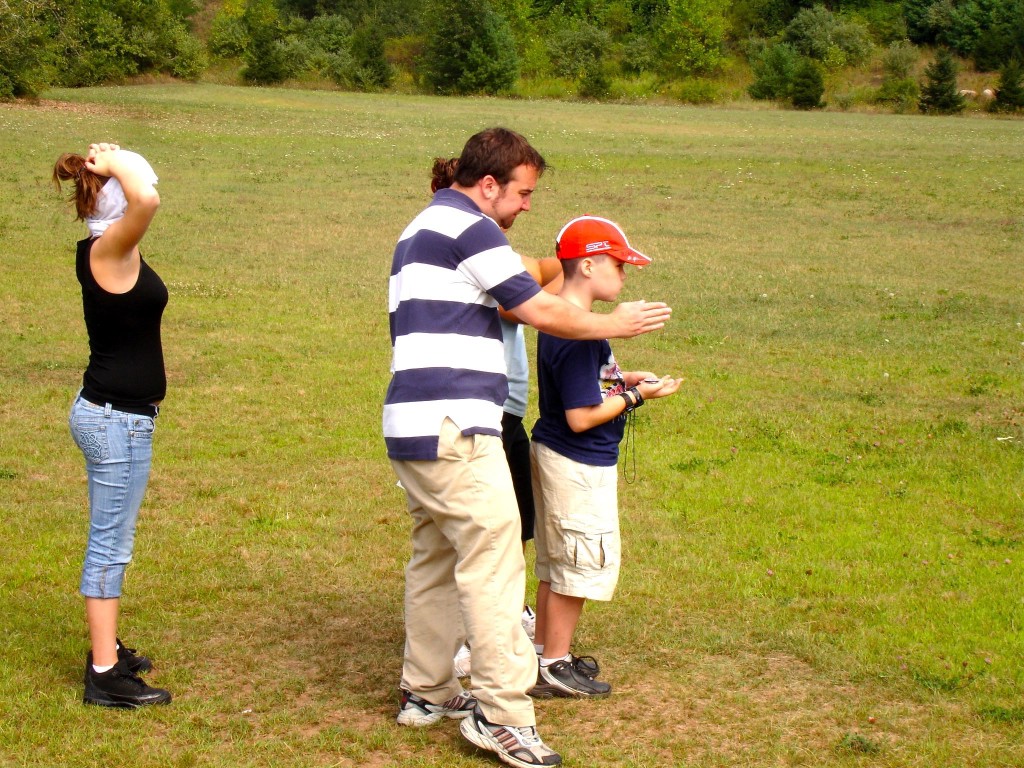
Congratulations! If you have found your way to this page, you have recognized that the passage from childhood to adulthood is an important milestone worthy of celebration.
Human beings create rituals as a way to understand the world and their place in it. The rituals we create – from baptisms and brises, to birthdays, to marriages, to wakes and funerals – help us make our lives more meaningful. They allow
us to welcome new members to our families, celebrate the milestones
in our lives, and remember loved ones who are no longer with us.
Among the most important rituals in any society are those that acknowledge and celebrate the passage from childhood to adulthood, and welcome children and teens into the larger community of adults.
We here at The Center are always available to support parents and other adults who are interested in creating a rite of passage experience for their children and teens, or simply want to learn more about rites of passage.
When children enter adolescence, parents face the challenge of how to assist these young adults in discovering who they are and how they can live a meaningful life, and in initiating them into what it means to be part of a community.
This quest for identity and meaning is natural in children and teens, and if not acknowledged and channeled, can result in them turning to their peer group for direction. While at times this can be constructive, it more often leads to destructive behavior like drinking in an attempt to create a shared ritual that makes them feel grown up and independent.
So, it is important for parents to take an active role in guiding children through their adolescence and into adulthood. One way to begin this process is to design a personalized rite of passage experience for your child.
This experience or celebration could be tied to your family’s religious practices, or could be secular in nature. It could involve just your immediate family, or include a broader community – your church, friends, children’s school, or a community organization. It could take place in your home, at school, or in nature (for example: your local park or nature preserve).
Typically a Rite of Passage Experience takes place when a child is between 10 and 13 and might include the following elements for the initiate.
Please contact TheCenter@rope.org for additional information or to request our assistance in creating a personal Rite of Passage Experience for your child.
For more information on the transformative aspect of rites of passage experiences, please download:
“Rites of Passage: Pathways to Spirituality for Adolescents.” (PDF)

When boys and girls who practice the Jewish faith turn 13, they
may take part in a Bar Mitzvah or Bat Mitzvah ritual (for the boy
and girl, respectively) with the community of their temple. This
ritual requires them to study for several years beforehand various
aspects of their faith, the history of their ancestors and their
language, Hebrew, to understand the sacred texts and teachings.
Following this lengthy preparation they are responsible for leading
part of the Shabbat service as an acknowledgement and demonstration
that they are now ready to take on the responsibilities of an adult.
In one sense they become the ambassador for the traditions of their
ancestors and keep the continuity of the ways of the Jewish people
alive from generation to generation.
Following this ritual they can be counted as part of a minyan
of ten adults, the number needed in order to conduct a religious
ritual. The community has made a place for them and given them adult
responsibilities.